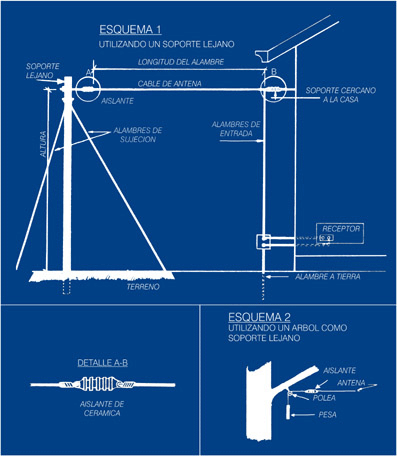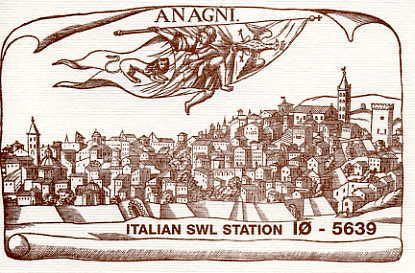By Rich Lowry
Published: Saturday, Jul. 18, 2009 - 12:00 am Page 11A/Radio Liberty.
Together with the BBC and Voice of America, Radio Farda provided the real-time, accurate information that the Iranian regime did its utmost to suppress. When a state is built on lies, it can't abide the truth. That's why when doing its work in undemocratic places, RFE/RL is invariably hated by the governments.
RFE/RL's mission is surrogate broadcasting. In other words, it provides a platform for indigenous reporting, debate, commentary and entertainment. (The Voice of America, in contrast, provides news coverage from an American perspective.) During the Cold War, RFE/ New Roman',Times,serif" href="http://topics.sacbee.com/RL/" target=_blank rel=nofollow>RL's focus was Europe, and it helped loosen the grip of the Soviets on half the continent. Now, its effort has shifted eastward. It includes southeastern Europe, Russia and the former Soviet republics, Central Asia and the Middle East – 21 countries in all.
The hostility of undemocratic governments is a testament to RFE/RL's power. Iran spends probably six times as much trying to jam Radio Farda than the outfit spends broadcasting. Radio Farda has 40 journalists working out of RFE/RL's Prague headquarters, beyond the direct reach of the regime. That doesn't stop Tehran from trying to intimidate them with bogus legal charges and threats against their families back home.
If the Cold War is over, Moscow still hasn't fully accepted a free media. Its methods are more subtle than those of the Soviets, but still insidious. It has run more than a dozen RFE/RL affiliates off the air in Russia, leaving only nine in operation. RFE/RL's reception isn't warmer in the former Soviet republics; it was banned from the national airwaves in Azerbaijan and Kyrgyzstan last year.
The RFE/RL journalists are the shock troops of civil society in their countries. Often at considerable personal risk, they act as the seeds of press freedom and Western journalistic norms. Through their work, they represent a model of engaged citizenship deeply anathema to illiberal governments. A repressive regime must fear a robust and independent civil society over almost any other enemy, foreign or domestic.
From his own experience behind the Iron Curtain, where he was just such a leader in a movement of civic renewal, former Czech dissident and President Vaclav Havel is an RFE/RL enthusiast. He likes to say its chief export is intellectual and moral nourishment to embattled democrats. It's an export still desperately needed – with the mullahs in Tehran cracking down on a nascent democratic revolt, with democracy in retreat in Russia and its neighborhood, and with extremists threatening fragile governments in Afghanistan, Pakistan and Iraq.
If this is the era of "smart power" – the Obama administration's phrase for its sophisticated deployment of soft power in contrast to George W. Bush's supposed militarism – few investments are smarter than RFE/RL. But its funding has languished. From roughly $200 million a year in the late 1980s and early 1990s, its budget has dropped to $90 million. As the president of RFE/RL, Jeffrey Gedmin, puts it, that's about the cost of four Apache helicopters.
But Radio Farda's impact has stirred Washington. People have noticed that for an amount that is a fraction of a rounding error in the federal budget – $6.2 million a year – Radio Farda deeply discomfited our foremost enemy in the Middle East. The question about RFE/RL has changed from, "Didn't they go out of business with the end of the Cold War?" to, "How do we augment its impact?" Increased funding included in a bill a few weeks ago will allow it to ramp up operations in Afghanistan and expand into the Pakistani border region, while Radio Farda will almost certainly get more resources, too.
RFE/RL is a crucial tool of our soft power. If we don't realize it, our adversaries assuredly do. Source: Sacbee.comhttp://www.sacbee.com/opinion/story/2035830.htmlvia Yimber Gaviria, Noticias de la Radiohttp://yimber-gaviria.blogspot.com
Suscribirse a:
Enviar comentarios (Atom)


No hay comentarios:
Publicar un comentario